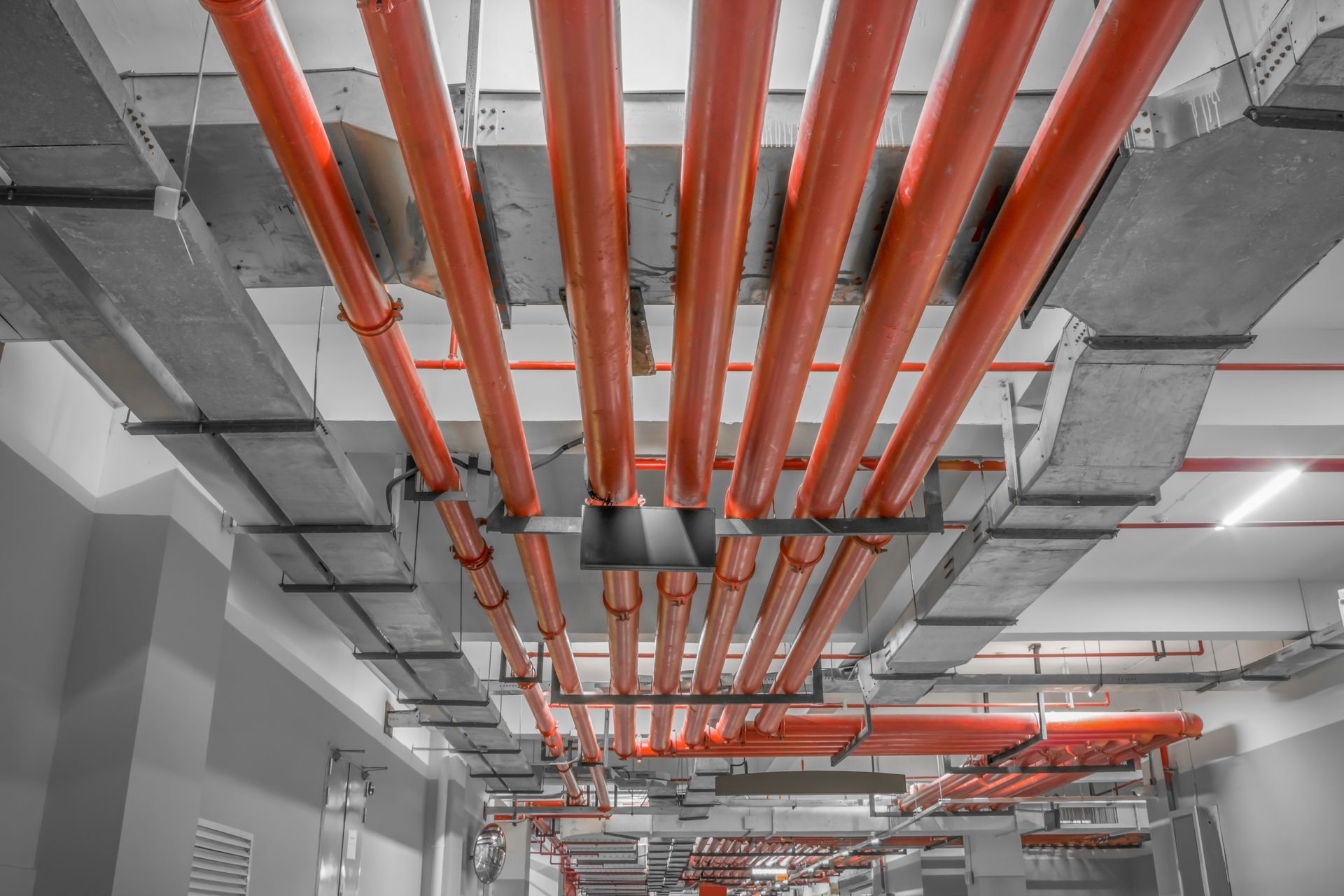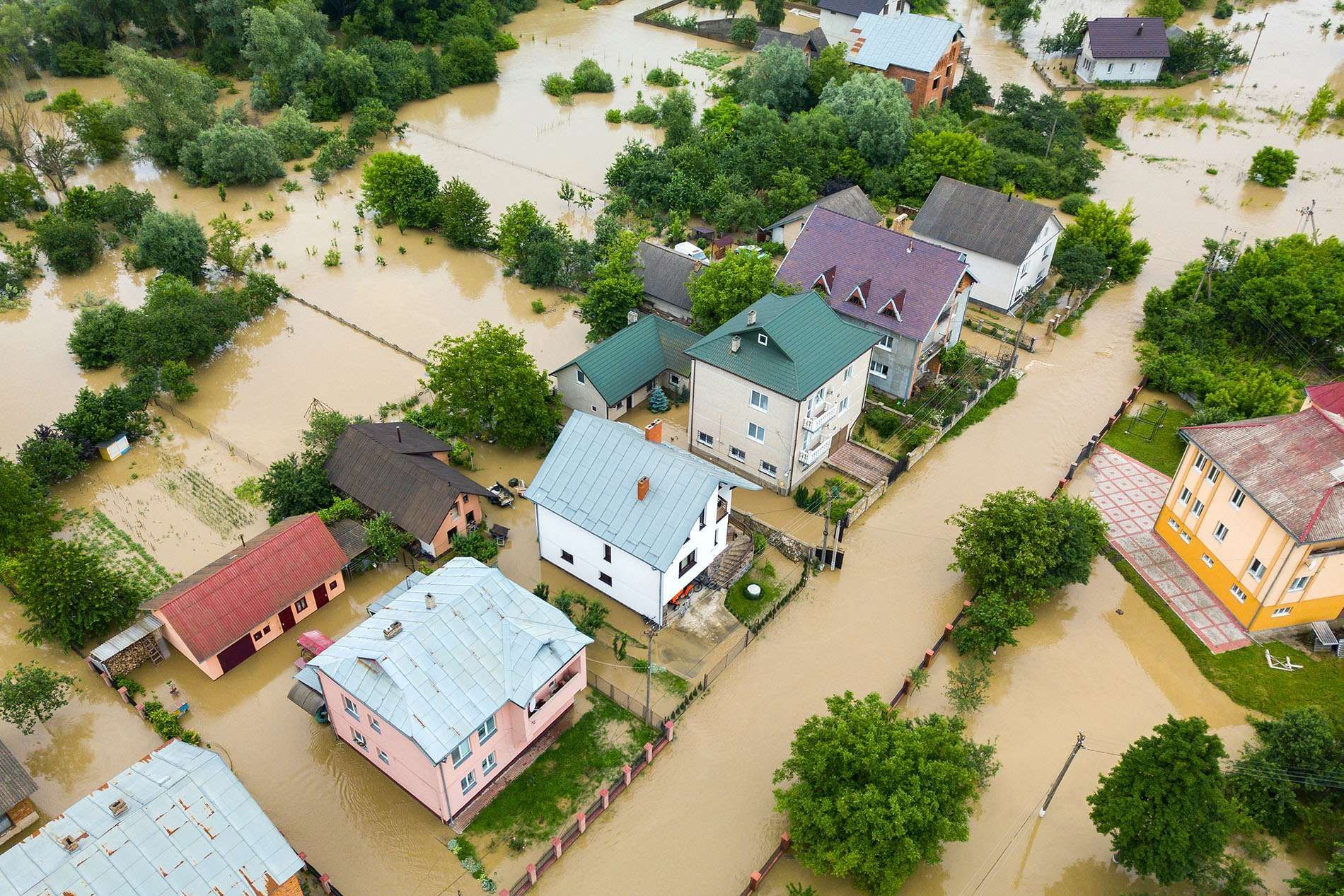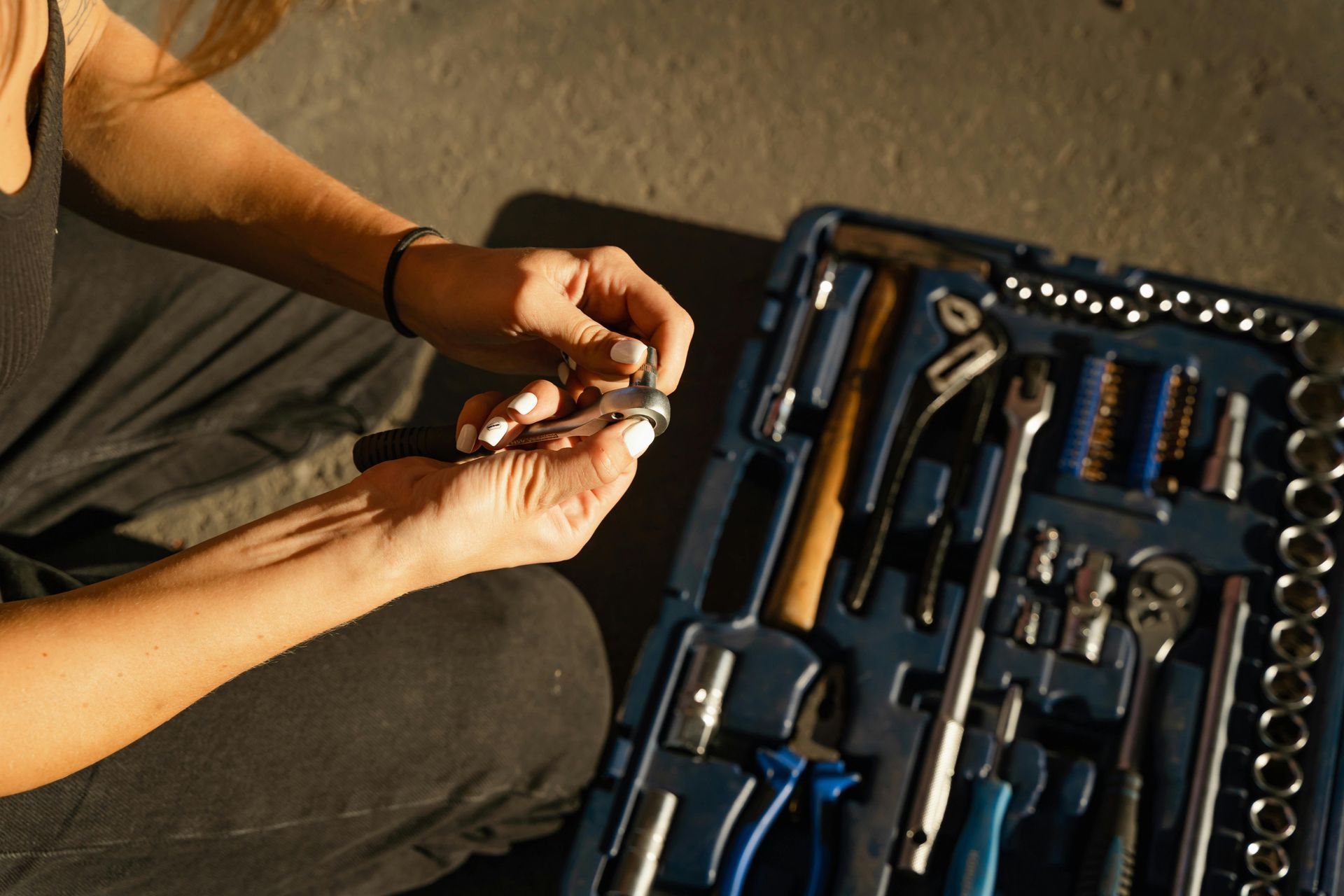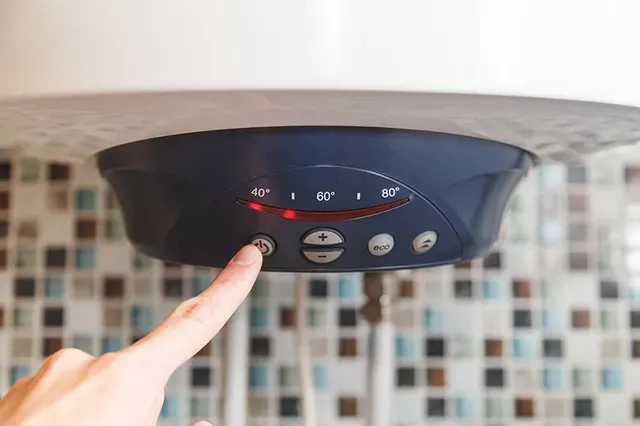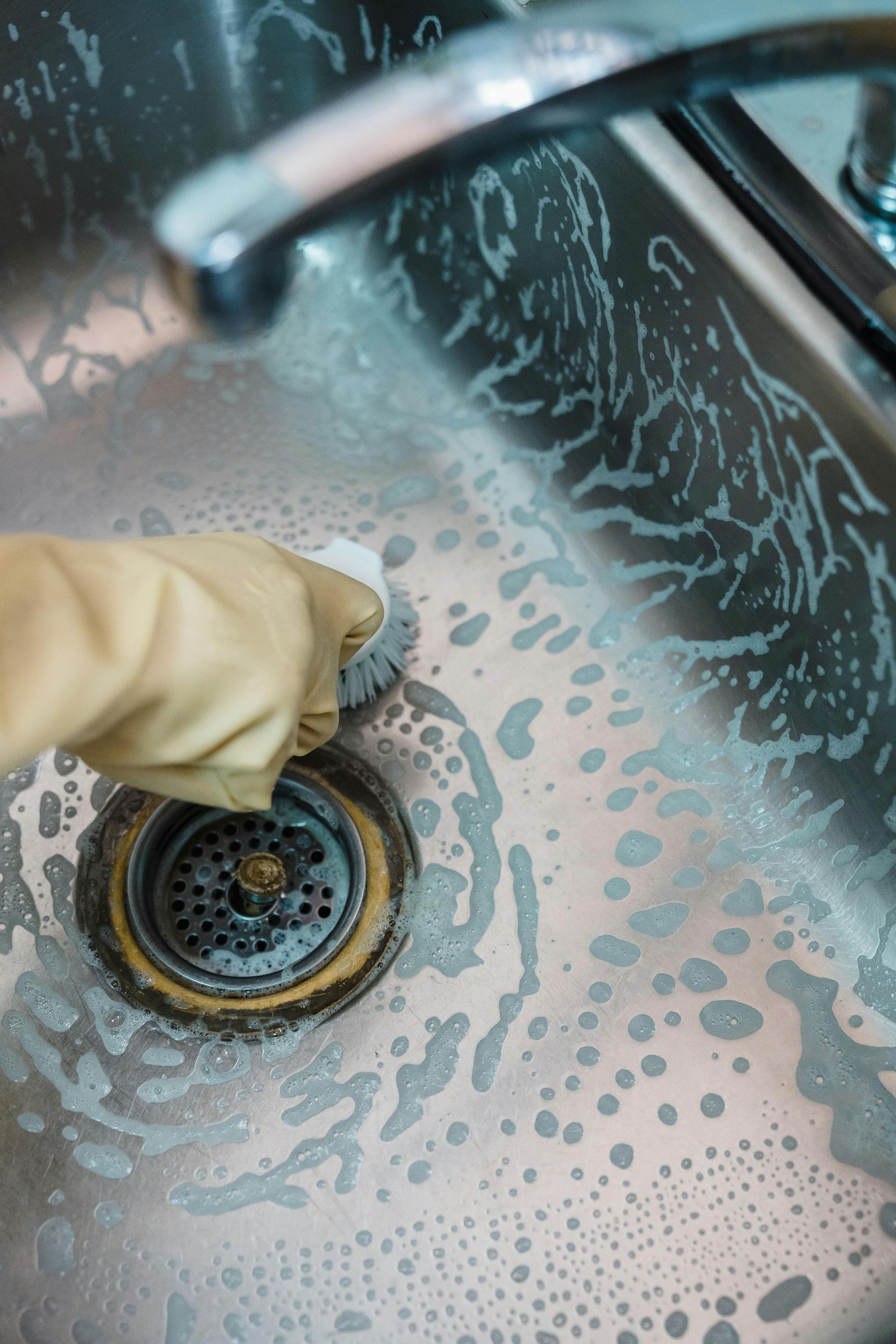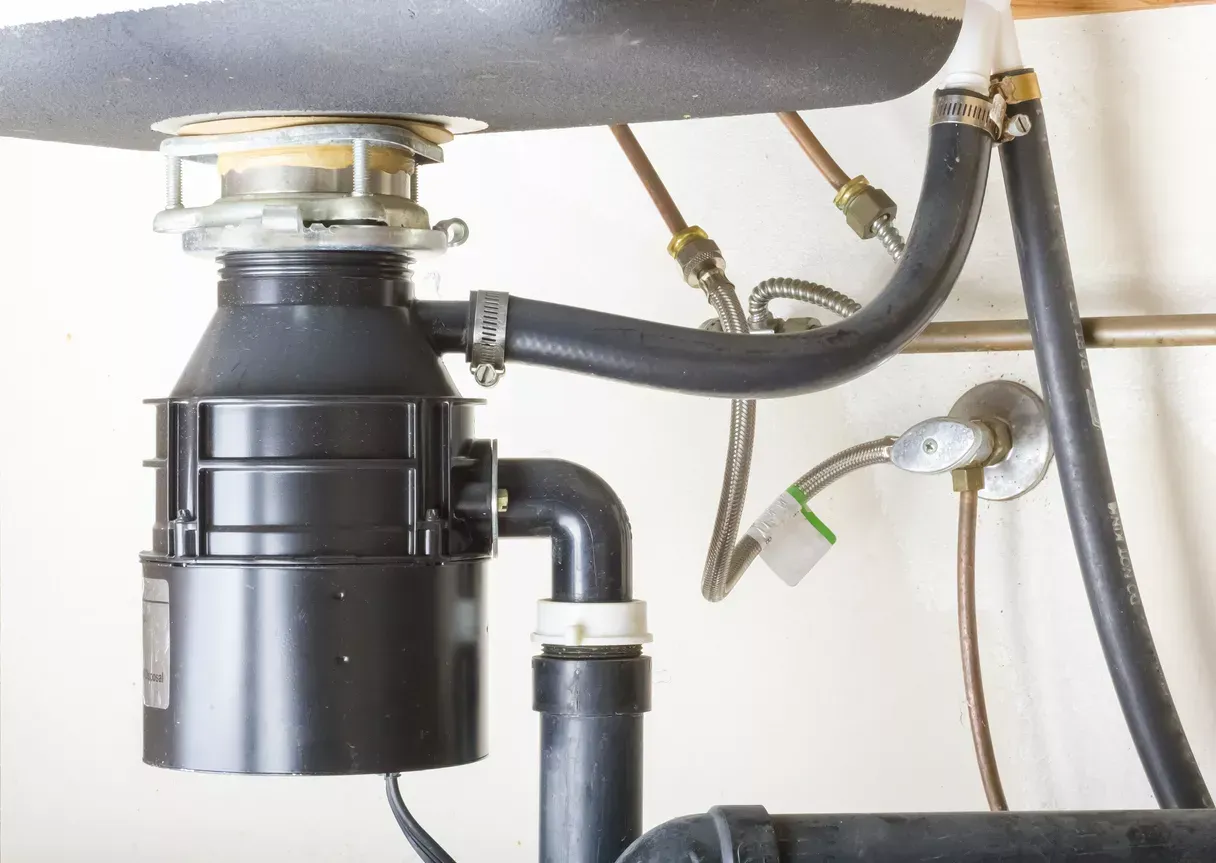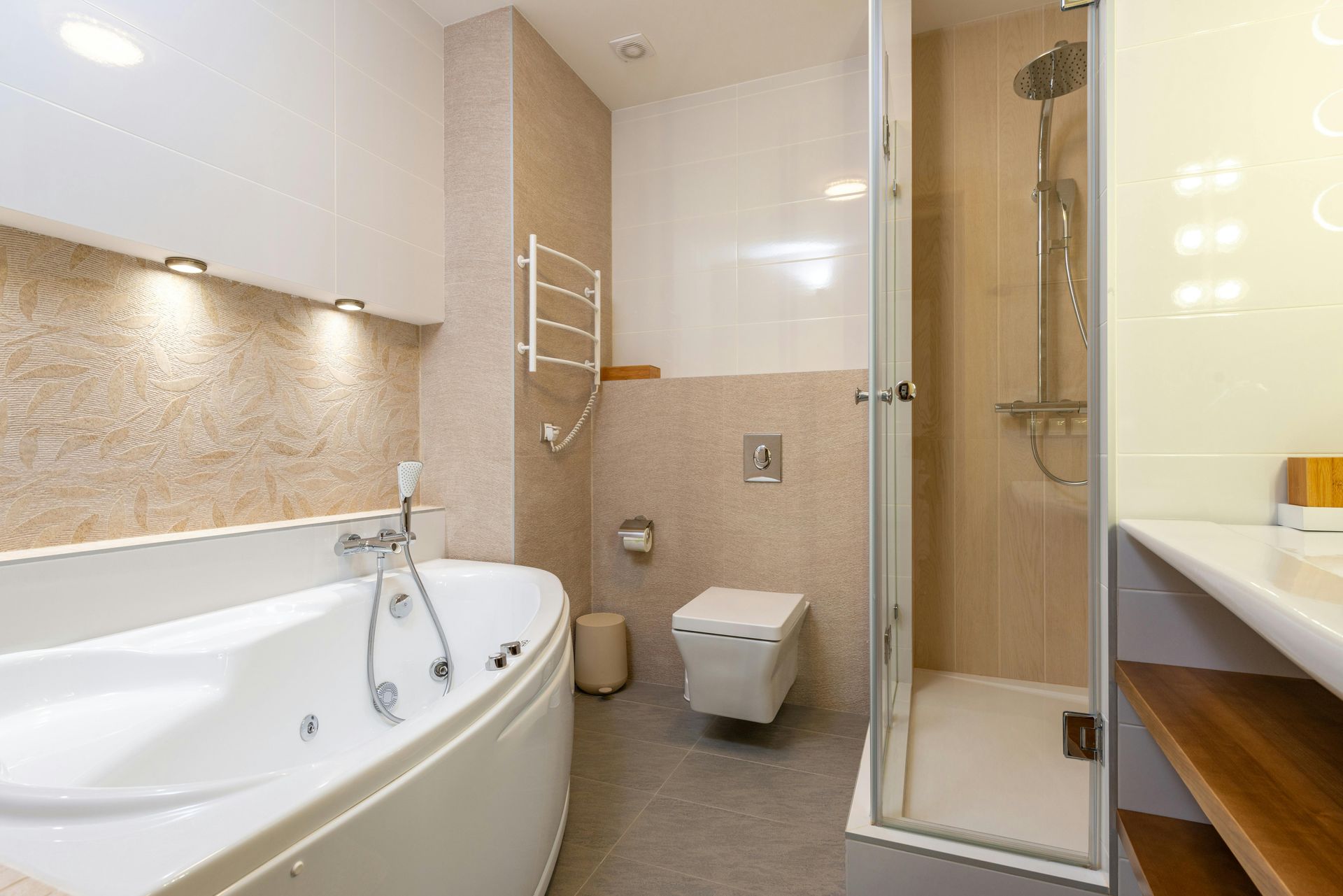The Dangers of Ignoring a Clogged Drain
Clogged drains are one of the most common household issues. But while they might seem like minor inconveniences, ignoring them can lead to much bigger problems. From foul odors to major plumbing disasters, a clogged drain can cause extensive damage to your home, health, and wallet if left unaddressed. In this article, we’ll dive deep into why clogged drains should never be ignored, explore the warning signs of serious clogs, and discuss how timely action can prevent costly repairs. If you need professional help regarding clogged drains, reach out to us at your earliest!
How Tree Roots Can Clog Your Drains and What to Do About It
1. Water Damage and Structural Issues
A clogged drain can cause water to back up into sinks, showers, and other fixtures, leading to overflow and spillage. Over time, this water can seep into walls, floors, and foundations, causing water damage that may weaken your home’s structure. Prolonged water exposure can also cause wood to rot, ceilings to sag, and walls to warp.
Why it’s dangerous: Once water damage sets in, you’re not just dealing with a simple clog anymore — you’re facing expensive home repairs and potential long-term damage to your property’s foundation.
2. Mold and Mildew Growth
Water sitting in clogged pipes creates the perfect damp environment for mold and mildew to grow. As the backup lingers, mold spores can spread throughout your home, affecting indoor air quality and posing a serious health risk. Breathing in mold spores can lead to respiratory issues, allergies, and other health problems, especially for those with asthma or weakened immune systems.
Why it’s dangerous: Mold remediation can be time-consuming and expensive. More importantly, mold in your home is a health hazard that can impact everyone, including pets, children, and the elderly.
3. Sewage Backup and Contamination
If a drain remains clogged for too long, there’s a real risk of sewage backing up into your home. This can occur in bathrooms, kitchens, or laundry rooms, where the sewer lines are connected to your drainage system. When raw sewage spills into living spaces, it introduces harmful bacteria, viruses, and pathogens that can cause severe illness.
Why it’s dangerous: Exposure to raw sewage can lead to infections, skin irritation, and gastrointestinal diseases. Cleaning up a sewage backup also requires specialized equipment and protective gear, which is costly and complex.
4. Escalating Plumbing Costs
At first glance, you might think a minor clog isn’t worth the hassle of calling a plumber. But as the blockage worsens, so do the potential costs. A simple clog that could have been cleared with basic tools can turn into a full-blown plumbing emergency, requiring pipe replacement or significant repairs.
Why it’s dangerous: The longer you wait to address a clogged drain, the more expensive the solution becomes. By ignoring it, you could be turning a $100 fix into a $1,000 plumbing overhaul.
5. Foul Odors and Poor Indoor Air Quality
A clogged drain, especially in the kitchen, often leads to foul smells from trapped food particles, grease, or even standing water. As bacteria break down these materials, they release sulfurous gases that can stink up your entire home. Beyond the unpleasant smell, these gases can affect your indoor air quality, leading to discomfort or even headaches for the occupants.
Why it’s dangerous: Continuous exposure to poor indoor air quality, particularly from bacterial breakdown, can exacerbate allergies, irritate the respiratory system, and cause headaches.
6. Pest Infestation
Clogged drains are a magnet for pests. Standing water, accumulated food particles, and decaying organic material attract insects like fruit flies, cockroaches, and even rodents. Once they infest your plumbing system, these pests can multiply quickly and spread to other parts of the house, making them more difficult to control.
Why it’s dangerous: A pest infestation is more than just a nuisance. Pests like cockroaches and rats carry bacteria and viruses that can contaminate food and surfaces, leading to a potential health crisis.
Why Your Drain Keeps Getting Clogged and How to Stop It
7. Corrosion and Pipe Damage
If clogs are left untreated, corrosive substances can build up inside your pipes. Over time, this leads to the deterioration of the pipe material, especially in older plumbing systems made of metal. Eventually, corroded pipes can develop leaks, cracks, or even burst, which can lead to flooding and extensive damage.
Why it’s dangerous: Pipe corrosion leads to costly repairs and replacements, as damaged pipes may need to be entirely removed and re-installed, causing disruption and expense.
8. Slow Drainage Can Turn into a Complete Blockage
A slow drain is often the first warning sign of a more serious clog. While it may seem like just an inconvenience, over time, a slow drain can turn into a complete blockage. Once this happens, water can no longer flow through the pipes, causing an overflow or flooding in your home.
Why it’s dangerous: Once the blockage is complete, you’re no longer dealing with just a slow drain. Water will accumulate rapidly, and you’ll be left with a full-blown emergency, potentially requiring emergency plumbing services.
9. Impact on Mental Health
It might sound surprising, but plumbing issues can also take a toll on your mental well-being. The stress of dealing with foul odors, water damage, or the fear of a sewage backup can create anxiety. The constant worry about a clogged drain turning into something worse can lead to sleepless nights and mental exhaustion.
Why it’s dangerous: Home issues like clogged drains can cause stress that affects your overall mental health and quality of life.
What Can You Do to Prevent Clogged Drains?
- Regular Maintenance: Schedule routine inspections and cleaning services from professional plumbers to prevent clogs from forming in the first place.
- Be Mindful of What Goes Down the Drain: Avoid flushing inappropriate items like grease, coffee grounds, and wet wipes, which are notorious for clogging pipes.
- Use Drain Screens: Install screens over your drains to catch hair, food particles, and other debris before they can enter the pipes.
- Call a Professional Early: If you notice any signs of slow drainage or foul odors, don’t wait! Call a professional plumber to assess and address the issue before it worsens
.
Conclusion: Don’t Wait for Disaster to Strike
Ignoring a clogged drain might seem like a convenient choice, but the risks far outweigh the temporary relief. From costly repairs to health hazards and structural damage, procrastinating on plumbing issues can quickly turn a small problem into a major headache. By staying proactive, addressing slow drains early, and seeking professional help when necessary, you can protect your home, health, and peace of mind.
When it comes to clogged drains, don’t wait for disaster to strike — take action today to ensure the safety and efficiency of your home’s plumbing system.


